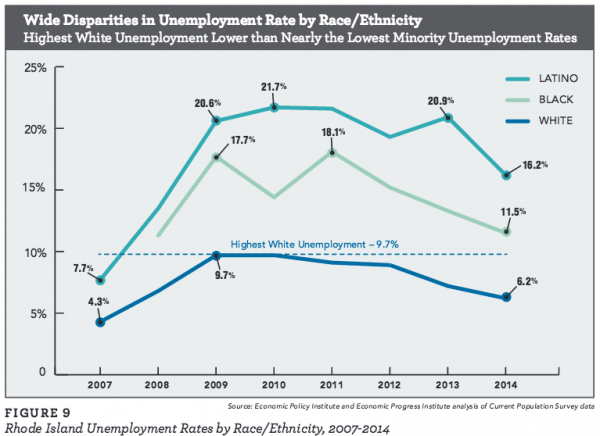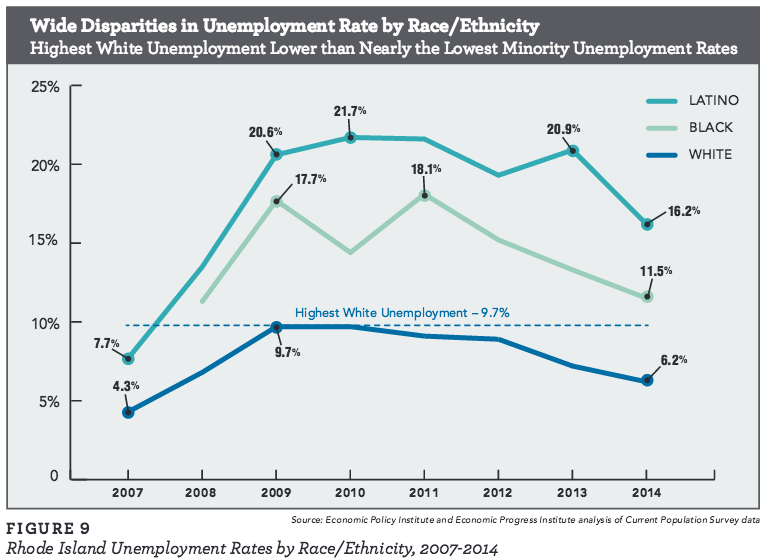 History is a clock that people use to tell their political and cultural time of day. It is also a compass that people use to find themselves on the map of human geography. History tells a people where they’ve been and what they’ve been; where they are and what they are. History tells a people where they still must go and what they still must be. The relationship of history to the people is the same as the relationship of a mother to her child.
History is a clock that people use to tell their political and cultural time of day. It is also a compass that people use to find themselves on the map of human geography. History tells a people where they’ve been and what they’ve been; where they are and what they are. History tells a people where they still must go and what they still must be. The relationship of history to the people is the same as the relationship of a mother to her child.
~ Dr. John Henrik Clarke
Conscious memory is the prerequisite for human behavior.
~ Professor Greg Carr
As we sit in the middle of Black History Month I confess that I’ve spent the entirety of it thinking about the possibilities of how we might enter into a more progressive conversation on the topic of Black History. But please realize this month is not merely about the recognition of the achievements of African Americans, or a perfunctory gesture to insert Black faces in as missing chapters of American history. To be clear, most people, African Americans and people of non-color alike, tend to engage the month at equal levels of indifference. That said, for many, Black history in a US context, typically begins with the usual slavery narrative:
- Once upon a time Black people were slaves…
- Civil War, blah-blah…
- Civil Rights, blah-blah…
- Now we finally have a Black president.
- The End.
My claim is a small one: the moment you initiate a conversation on Black history with chattel slavery as the port of origin you are always already affirming a short range historical position which ensures that you will (re)fabricate a limiting (and limited) scope from which to view Black (African) history and future. I can best liken it to walking into a football game after halftime and thinking the third quarter kickoff was the beginning of the game.
Professor Greg Carr stresses three critical indexes rendered in the work of Dr. Theophile Obenga which assert that in order to exist with agency in the world a people must be skilled practitioners of their own history, historiography and historicity.
– History: meaning memory; how do you remember your identity as an individual and as a part of a group.
– Historiography: how do you write that memory; how do you construct it and pass it on from generation to generation.
– Historicity: a sense of yourself in time and space; what’s your vision for the future.
If we, as people of African ancestry, only remember ourselves as former slaves and never recall ourselves as the first constructors of highly advanced civilizations with great centers of learning (philosophy, science, mathematics, agriculture and medicine), then we are condemned to remain a people who are only free due to the so-called benevolence of an American president.
Hubert Harrison, a brilliant early twentieth century West Indian writer whose political work influenced figures such as Marcus Garvey and A. Philip Randolph, penned these words in an article from December of 1920…
When white people today talk of civilizing Africa and assert that the Africans are uncivilized [they] awaken in the minds of well-informed Africans a doubt as to whether white people know what is meant by the term. For, no matter how it may be defined, it is clear to the instructed that various “civilizations” not only have existed in Africa, but do exist there today, independently of that particular brand which white people are taking there in exchange for the untold millions of dollars which they are taking from there.
If by civilization we mean a stable society which supports itself and maintains a system of government and laws, industry and commerce, then the Hausas and Mandingoes, the people of the Ashanti and Dahomey, and the Yorubas of the Gold Coast had and have all these, and they are consequently civilized.”
What America means to an individual depends in large part on the historical perspective from which it has been introduced to them. And perhaps by now you’ve heard it mentioned in various mainstream media sources and talked about in numerous context, that is, Arizona’s new education law banning Ethnic Studies which went into effect this January, but will apparently be enforced as of 1 February. In this case, we see the deployment of a political, legal, and economic structure controlled by white political elites. But the fact that it is controlled by this political cohort should be subordinated to the fact that it exist and is maintained by thought norms which are American exceptionalist — that is to say, they are ideas which imagine the nation in a particularly narrow and ahistorical conception. The danger of this perception is not that it is reductionist, for clearly it is, but that it rebuffs attempts at expanding a democratic ethos. No proper understanding of our contemporary moment as a nation can be had unless we are willing to dig through the archives unafraid of what we shall find.




